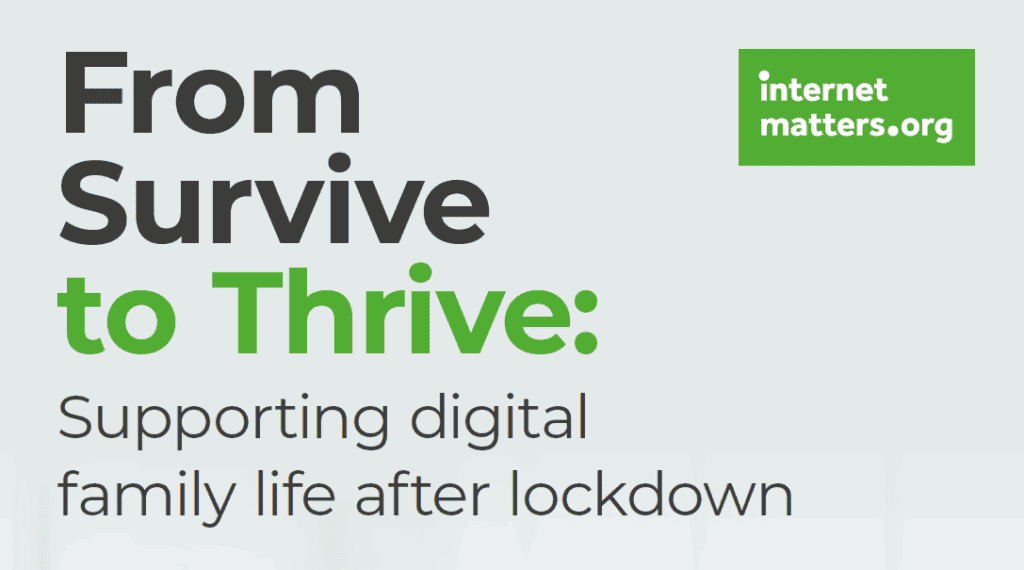Well over a year on from the first cases of Covid-19 and now into the second year of restrictions in the UK, it comes as no surprise that many children and their parents and carers increasingly used screens to connect to the outside world. Technology was a lifeline for us all, allowing us to connect with family and friends, for children to be educated through home learning and for everyone to be entertained and have fun in these uncertain times.
At regular intervals between January 2020 and March 2021, we asked parents about their Children’s use of technology, their concerns, and attitudes to their children’s online lives, and perceptions of the impact on their wellbeing. This study gives us a unique view into how the family relationship with technology has changed from the pre-pandemic world through various periods of lockdown and adjustment to a new way of living virtually.
In March 2021 we supplemented this with some additional research questions, asking parents to reflect on the positive and negative aspects of this increased reliance on the connected home. This allows us to look forward to what help parents now need and how we can best support them as UK Covid restrictions start to lift.
Our research tells a story with two key parts. Parents have recognised the true benefits of connected technology through each successive period of lockdown. It is indeed hard to imagine what would have happened without it and where families would be now. Though a positive story exists, with more time in front of a screen, parents are increasingly concerned about their children encountering harm online and have noticed an increase in online activities particularly live streaming as well as spending money online. A recurring theme throughout the report is the overwhelming insight that children with some form of offline vulnerability have been disproportionately affected by the impact of Covid-19 in relation to technology use and its effects. They need our support more than ever to enable them to have a safer online experience and to thrive in the digital world as the physical world opens up again for us all.



